The gene-editing technology has led to innovations in medicine, evolution and agriculture — and raised profound ethical questions about altering human DNA.
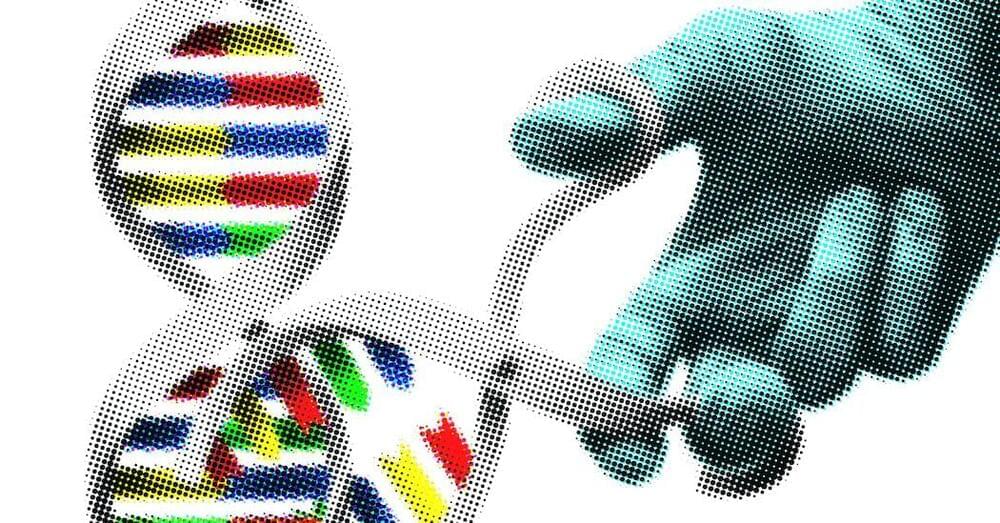

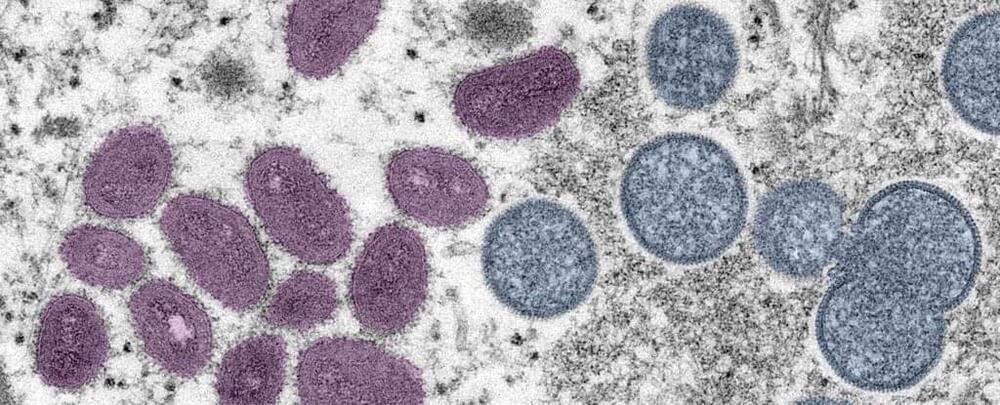
The monkeypox virus has mutated at a far faster rate than would normally be expected and likely underwent a period of “accelerated evolution,” a new study suggests.
The virus, which has infected more than 3,500 people in 48 countries since its detection outside Africa in May, may be more infectious due to dozens of new mutations. In all, the virus carries 50 new mutations not seen in previous strains detected from 2018 to 2019, according to a new study published June 24 in the journal Nature Medicine.
Scientists usually don’t expect viruses like monkeypox to gain more than one or two mutations each year, the study authors noted.
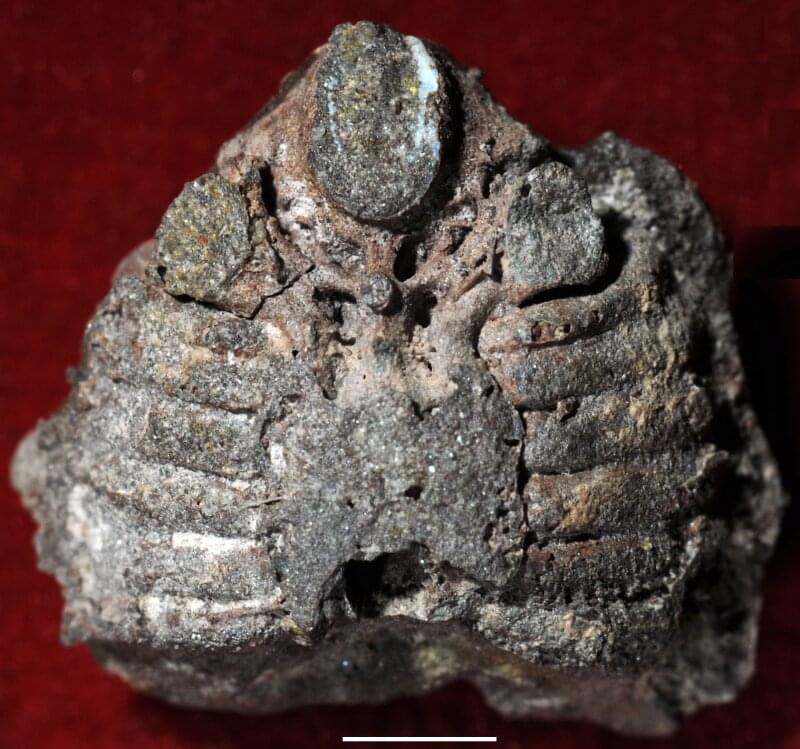
The human middle ear—which houses three tiny, vibrating bones—is key to transporting sound vibrations into the inner ear, where they become nerve impulses that allow us to hear.
Embryonic and fossil evidence proves that the human middle ear evolved from the spiracle of fishes. However, the origin of the vertebrate spiracle has long been an unsolved mystery in vertebrate evolution.
Some 20th century researchers, believing that early vertebrates must possess a complete spiracular gill, searched for one between the mandibular and hyoid arches of early vertebrates. Despite extensive research spanning more than a century, though, none were found in any vertebrate fossils.
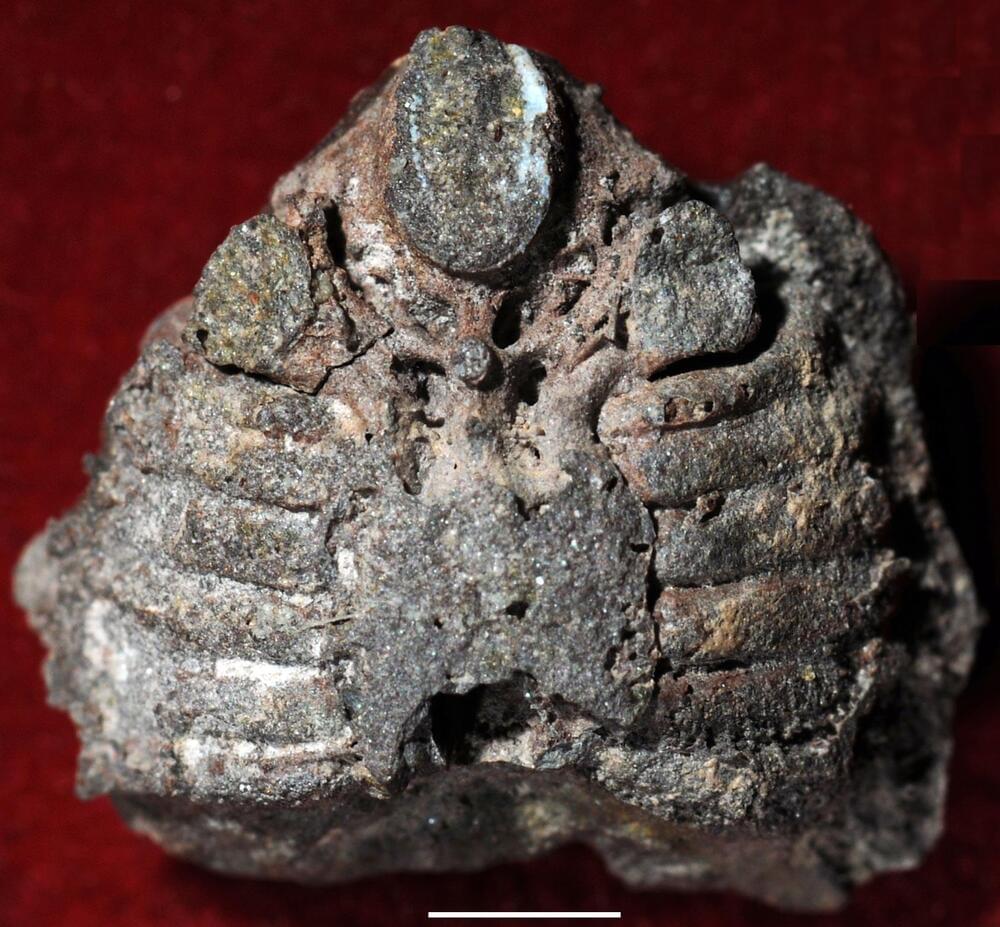
The human middle ear—which houses three tiny, vibrating bones—is key to transporting sound vibrations into the inner ear, where they become nerve impulses that allow us to hear.
Embryonic and fossil evidence proves that the human middle ear evolved from the spiracle of fishes. However, the origin of the vertebrate spiracle has long been an unsolved mystery in vertebrate evolution.
“These fossils provided the first anatomical and fossil evidence for a vertebrate spiracle originating from fish gills.” —
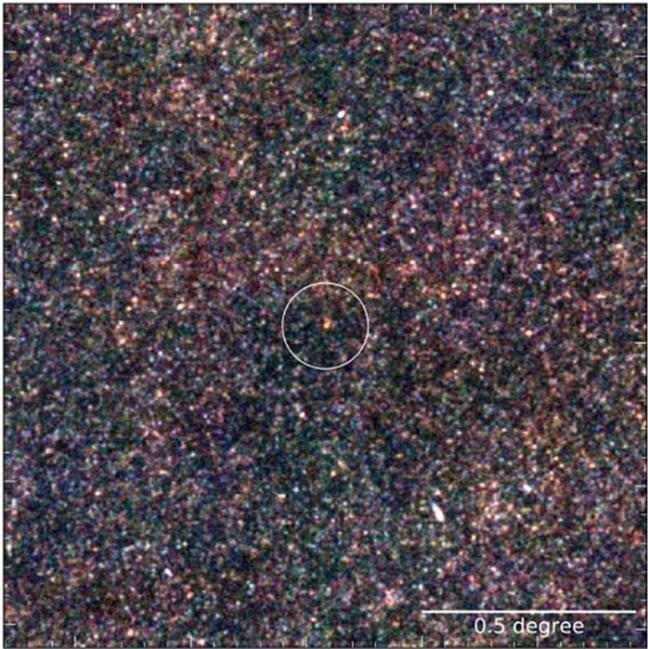
The structure of the universe is often described as being a cosmic web of filaments, nodes, and voids, with the nodes being clusters of galaxies, the largest gravitationally bound objects known. These nodes are thought to have been seeded by small-amplitude density fluctuations like those observed in the cosmic microwave background (CMB) which grew until they collapsed into the structures seen today. While the CMB is well understood, and the details of present-day galaxy clusters are well-described, the intermediate phases of evolution lack sufficient observations to constrain the models. Traditional galaxy cluster searches assume these objects have had enough time to equilibrate so that the intergalactic gas has heated up enough to be detected in X-ray emission. To detect the more distant galaxies and protoclusters that are too faint to detect in the X-ray, astronomers use their bright infrared or submillimeter emission instead.
The supercluster SPT2349−56, discovered in the submillimeter band by the South Pole Telescope, is so distant that its light has been traveling for over twelve billion years. It hosts over thirty submillimeter-bright galaxies and dozens of other luminous and/or spectroscopically confirmed star-forming galaxies. It is one of the most active star forming complexes known, producing over ten thousand stars per year. One of its bright sources appears to be the merger of over twenty galaxies. The stellar mass of the system, however, was not known, making it impossible for example to know whether the huge burst of stars was the result of an extraordinary efficiency or simply arose because the system was so extremely large.
CfA astronomer Matthew Ashby was a member of a team that has now completed very deep observations at optical and infrared wavelengths to obtain the stellar masses through spectral energy distribution (SED) analyses. They used the Gemini and Hubble Space Telescopes to obtain optical/near infrared flux measurements and Spitzer’s IRAC camera for the infrared flux. In order to model the SEDs, the many point sources detected need to be matched to one another at all wavelengths. This is a complex undertaking, and the scientists describe the processes for doing so while also addressing the serious blending that can occur due to inadequate spatial resolution in the infrared.

Why we need to adopt an abundance mindset.
Peter Diamandis shared an email blast about dire headlines that keep us on edge: the war in Ukraine, food and gasoline prices, climate change, and the neverending pandemic. Getting away from bad news is difficult, it appears, because of the way we are wired. Mass media feeds the bad far more than the good.
In his missive, Peter talks about Matt Ridley, a zoologist, who wrote and published The Rational Optimist in 2010. The book takes a profoundly optimistic view of human progress, a counterblast to the prevailing pessimism of our day. Ridley coined the phrase “moaning pessimism” to describe the current state.
The following summarizes Peter’s talking points joined by some editorializing on my part. I welcome your optimism, less so your pessimism in any comments you wish to share with my subscribers and casual visitors and readers.
Is there any reason for optimism today asks Peter? A glance at current headlines is enough to set anybody on edge. And with an endless media stream of bad press that includes online and hard copy, it’s hard to be optimistic. What makes all of this worse is that evolution has shaped us to be acutely aware of danger so the bad gets larger mindshare than anything good and our ability to appreciate the positive that is happening is compromised.
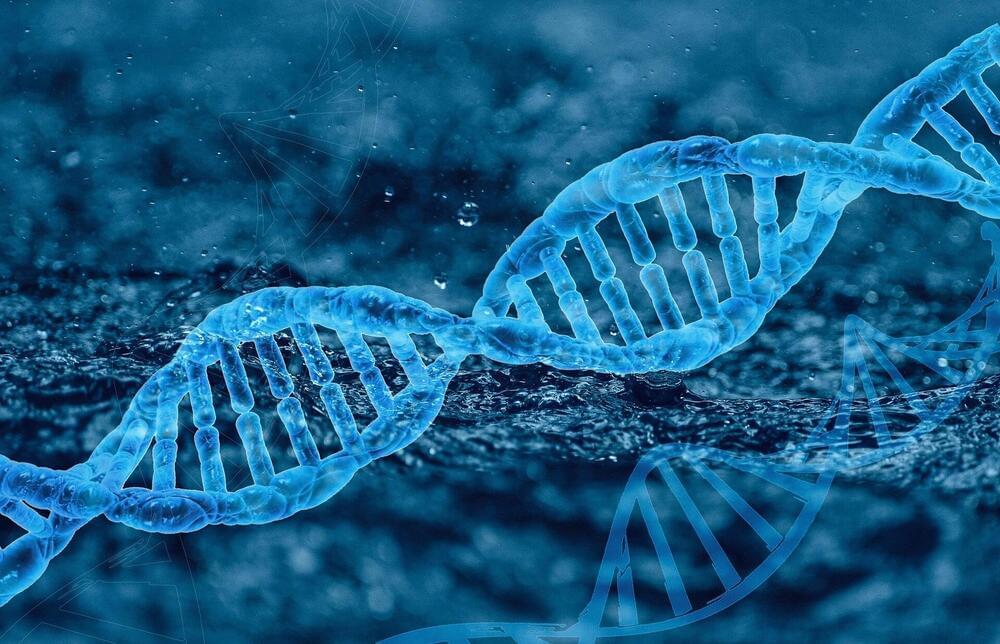
The structure of how DNA is stored in archaea makes a significant difference to how quickly it evolves, according to a new study by Indiana University researchers.
The study, led by molecular biologist Stephen Bell, Distinguished Professor and chair of the College of Arts and Sciences’ Department of Molecular and Cellular Biochemistry at Indiana University (IU) Bloomington, was recently published in Nature Microbiology. Its findings have the potential to impact research on the treatment of genetic diseases such as cancer.
“The most exciting thing we revealed is the idea that the shape of a DNA molecule can affect its ability to change,” Bell said. “In the early 20th century, modernist architecture had the idea that the form of a building should follow its function. But what we’re seeing in these organisms is that over time, form is actually affecting evolution. How DNA is structured can change it, creating an evolutionary feedback loop.”

Though the planets are outside of their star’s habitable zone, as they orbit too closely, “there might be more planets in the system,” according to Avi Shporer, one of the scientists involved in the new study. “There are many multiplanet systems hosting five or six planets, especially around small stars like this one. Hopefully, we will find more, and one might be in the habitable zone. That’s optimistic thinking.”
Either way, the multiplanet system will likely be a focal point for future studies, shedding new insight into planetary formation and the evolution of alien worlds, helping the astronomical community better understand how our own planet came into existence.
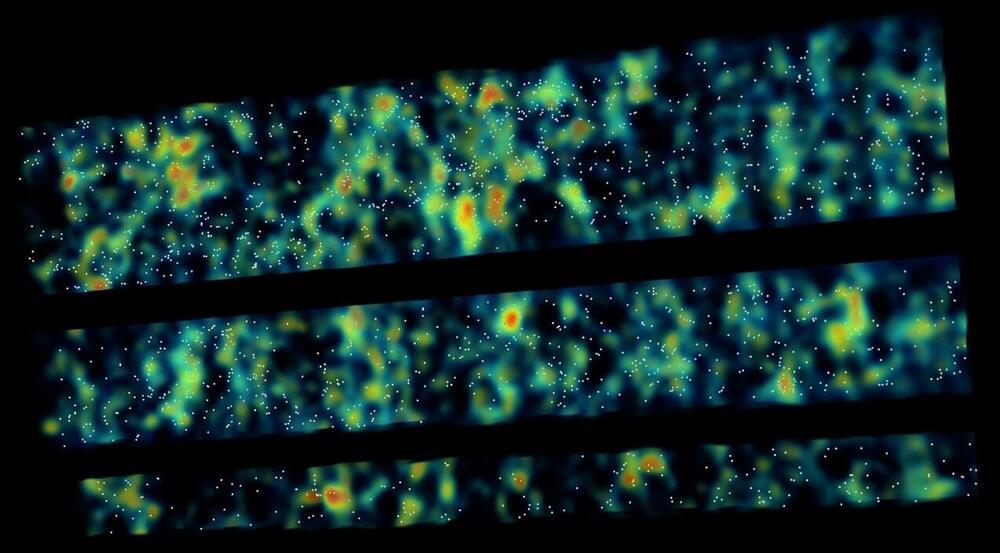
The ancestors of some of the largest galaxy clusters have been hiding in plain sight. New work led by Carnegie’s Andrew Newman demonstrates a new technique for identifying the precursors of the most extreme galactic environments. The team’s findings are published in Nature.
Like all of us, galaxies are shaped and molded by their surroundings. To obtain a complete picture of the various physical influences on a galaxy’s lifecycle, it’s crucial to trace the emergence of properties caused by environmental factors as they arise.
“We’ve known for a long time that the colors, masses, and shapes of galaxies depend on their cosmic environment, but there’s a lot we don’t know about when and how those differences appeared,” Newman said.
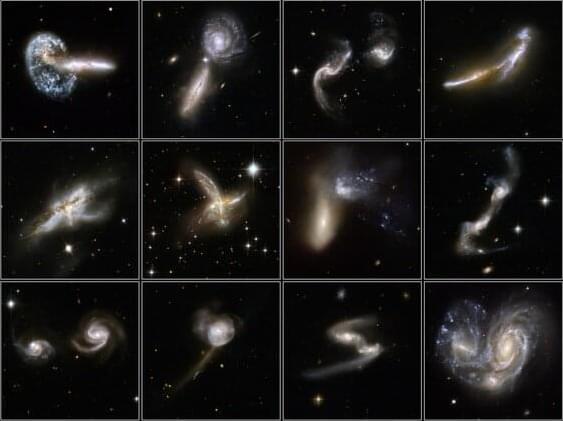
A detailed analysis of the composition and motion of more than 500 stars has revealed conclusive evidence of an ancient collision between Andromeda and a neighboring galaxy. The findings, which improve our understanding of the events that shape galaxy evolution, were presented by Carnegie’s Ivanna Escala Monday at the meeting of the American Astronomical Society.
Galaxies grow by accreting material from nearby objects—other galaxies and dense clumps of stars called globular clusters —often in the aftermath of a catastrophic crash. And these events leave behind relics in the form of stellar associations that astronomers call tidal features. This can include elongated streams or arcing shells moving around the surviving galaxy. Studying these phenomena can help us understand a galaxy’s history and the forces that shaped its appearance and makeup.
“The remnants of each crash can be identified by studying the movement of the stars and their chemical compositions. Together this information serves as a kind of fingerprint that identifies stars that joined a galaxy in a collision,” Escala explained.